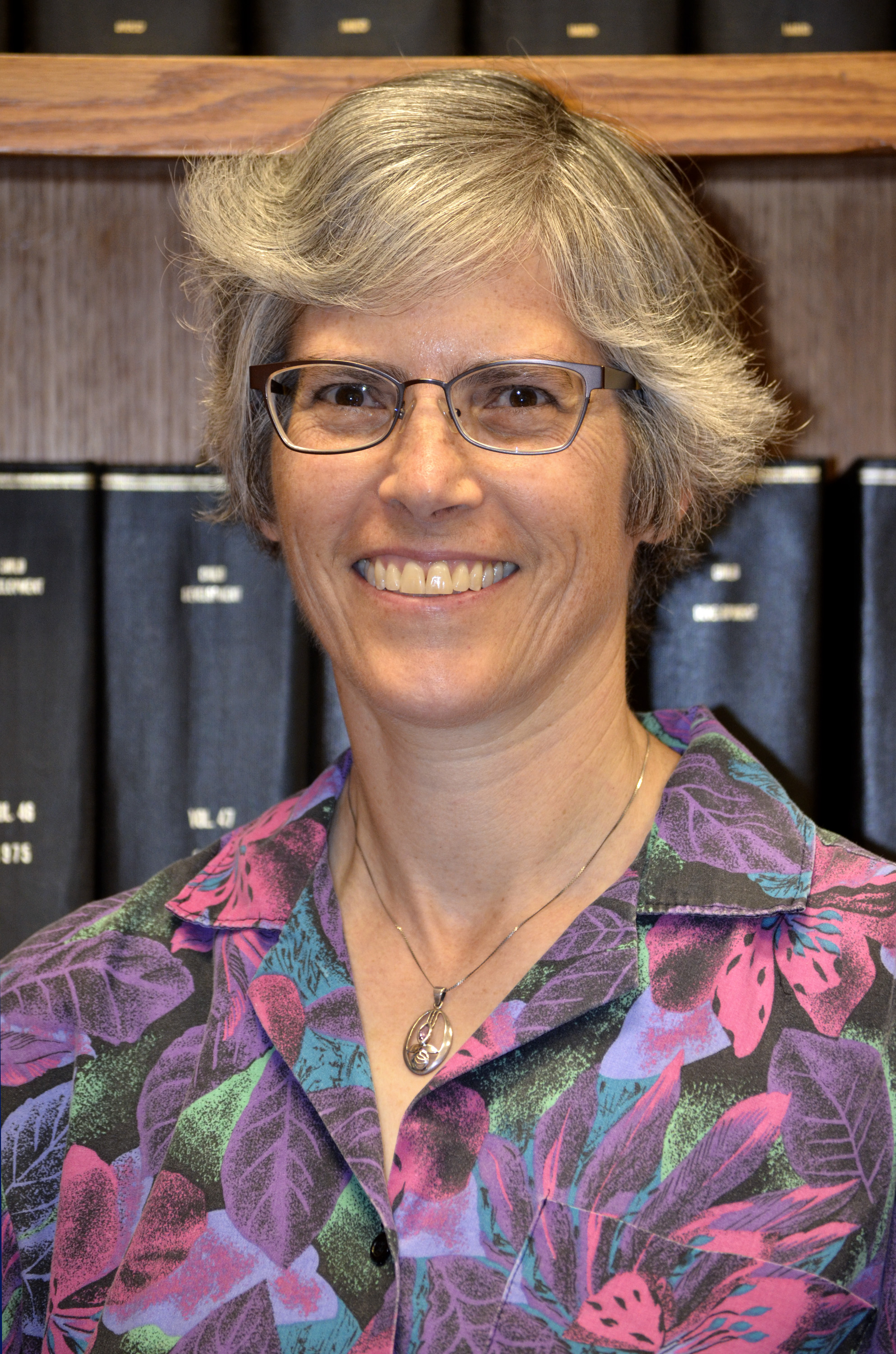 Laura Novick is a fellow of the Association for Psychological Science and the Psychonomic Society. She received her PhD in cognitive psychology from Stanford University, where she worked with Barbara Tversky. After a postdoctoral fellowship at UCLA, working with both Keith Holyoak and Patricia Cheng, she accepted a faculty position in the Department of Psychology and Human Development at Vanderbilt University. She retired from Vanderbilt University on December 31, 2023.
Laura Novick is a fellow of the Association for Psychological Science and the Psychonomic Society. She received her PhD in cognitive psychology from Stanford University, where she worked with Barbara Tversky. After a postdoctoral fellowship at UCLA, working with both Keith Holyoak and Patricia Cheng, she accepted a faculty position in the Department of Psychology and Human Development at Vanderbilt University. She retired from Vanderbilt University on December 31, 2023.
Laura’s expertise is in problem solving, reasoning, and expertise, with an emphasis in the past 20 years on understanding and reasoning from diagrams. Her early studies would be considered basic research in cognitive science. More recently, she has been harnessing the knowledge acquired from basic research in the areas of perception and reasoning with spatial representations to better understand how college students interpret and reason from hierarchical diagrams (specifically, cladograms) used in biology to represent evolutionary relationships (i.e., the Tree of Life). Some of her research, conducted in collaboration with Kefyn Catley, an evolutionary biologist, led textbook authors to change how they draw cladograms in introductory biology, evolution, and zoology textbooks to improve student comprehension and learning. The introductory biology textbooks alone reach approximately 800,000 students every year.
The importance of Laura’s work on applying basic principles of cognitive science to educational problems was recognized by her appointments to two prominent national committees: (a) The National Research Council consensus study on Discipline Based Education Research, a comprehensive examination of science learning and teaching at the undergraduate level; and (b) the primary review committee for the Next Generation Science Standards for K-12 education. She is also part of ongoing national efforts—supported by the National Science Foundation, the American Association for the Advancement of Science, and the Association of Public and Land-grant Universities—to enhance collaboration (a) among discipline-based education researchers across the STEM disciplines and (b) between STEM discipline-based education researchers and researchers in cognitive science and psychology.
